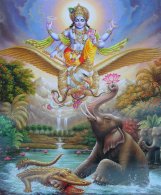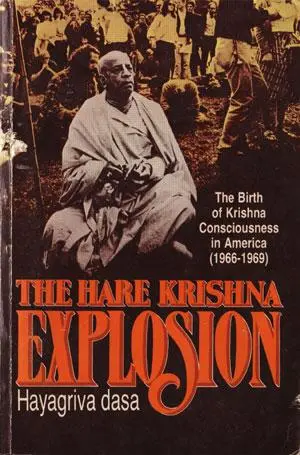
‘You’ve got to find what you love,’ Jobs says
When I was 17, I read a quote that went something like: “If you live each day as if it was your last, someday you’ll most certainly be right.” It made an impression on me, and since then, for the past 33 years, I have looked in the mirror every morning and asked myself: “If today were the last day of my life, would I want to do what I am about to do today?” And whenever the answer has been “No” for too many days in a row, I know I need to change something.
Remembering that I’ll be dead soon is the most important tool I’ve ever encountered to help me make the big choices in life. Because almost everything — all external expectations, all pride, all fear of embarrassment or failure – these things just fall away in the face of death, leaving only what is truly important. Remembering that you are going to die is the best way I know to avoid the trap of thinking you have something to lose. You are already naked. There is no reason not to follow your heart. (June 14, 2005 – Commencement Address at Stanford University)
For a while in his youth, every week, Steve Jobs used to walk seven miles across town to the Hare Krishna temple for the Sunday feast. He was a life-long vegetarian.
Steve Jobs, 1955 – 2011
Wired – Oct 5, 2011
Steven Paul Jobs, co-founder, chairman and former chief executive of Apple Inc., passed away Wednesday.
Steven Paul Jobs, 56, died Wednesday at his home with his family. The co-founder and, until last August, CEO of Apple Inc was the most celebrated person in technology and business on the planet. No one will take issue with the official Apple statement that “The world is immeasurably better because of Steve.”
A visionary inventor and entrepreneur, it would be impossible to overstate Steve Jobs’ impact on technology and how we use it. Apple’s mercurial, mysterious leader did more than reshape his entire industry: he completely changed how we interact with technology. He made gadgets easy to use, gorgeous to behold and essential to own. He made things we absolutely wanted, long before we even knew we wanted them. Jobs’ utter dedication to how people think, touch, feel and interact with machines dictated even the smallest detail of the computers Apple built and the software it wrote.
More















